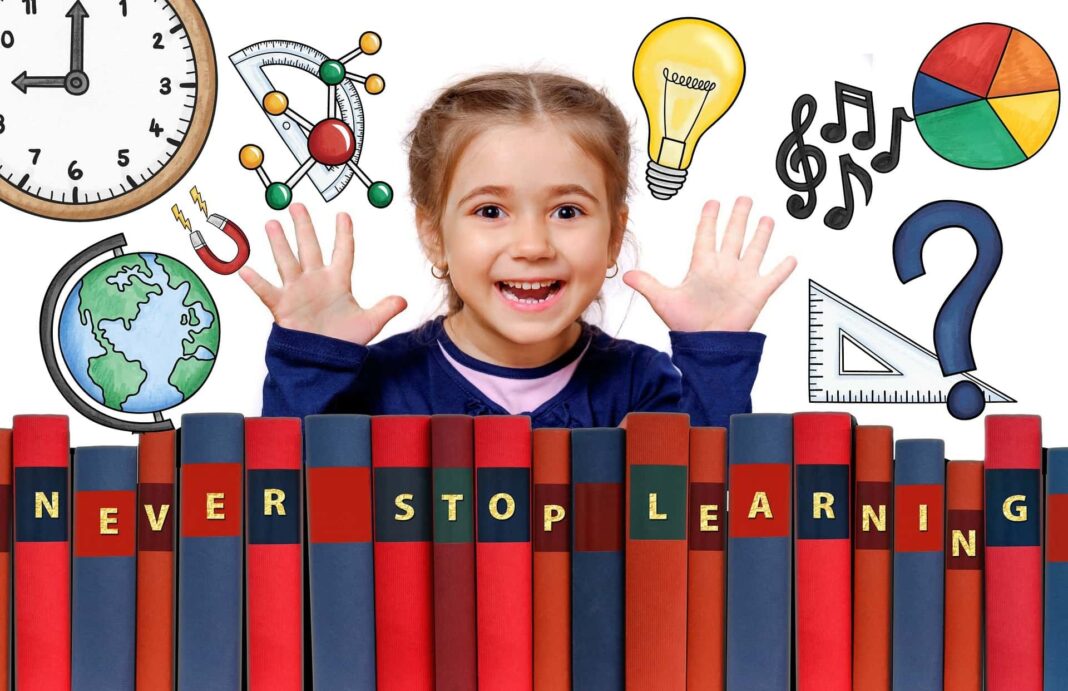Education is a fundamental aspect of human development, and it plays a crucial role in shaping an individual’s personal and professional growth. As the world continues to evolve, the educational landscape is also changing at a rapid pace. Students today have different needs and challenges that demand innovative approaches to teaching and learning. Educators and policymakers must, therefore, understand the needs and challenges of modern students to provide effective and relevant education. This article aims to explore the modern student-learner and their needs, challenges, and opportunities in education.
Table of contents
Introduction
The student-learner is a complex and dynamic individual who is part of a rapidly changing educational landscape. The traditional model of education, which was primarily based on rote memorization and standardized testing, is no longer sufficient to prepare students for the challenges of the 21st century. Today’s students face a host of challenges, including changing job markets, social and economic inequalities, and a rapidly evolving technological landscape. As such, the educational system must adapt to meet the needs of the modern student-learner.
The Modern Student-Learner
The modern student-learner is a product of their environment, culture, and social context. They are diverse in terms of their backgrounds, experiences, and needs. In general, modern students are more tech-savvy, globally connected, and socially conscious than previous generations. They are also more independent and self-directed in their learning, with a greater emphasis on active participation, collaboration, and experiential learning.
Needs of the Modern Student-Learner
To effectively meet the needs of modern students, educators and policymakers must understand their unique needs. Modern students require a more personalized and flexible learning experience that accommodates their diverse backgrounds and learning styles. They also need relevant and practical education that prepares them for the challenges of the 21st century. Additionally, modern students require an inclusive and supportive learning environment that promotes equity and social justice.
Challenges of the Modern Student-Learner
While the modern student-learner has unique needs, they also face a host of challenges that can hinder their educational success. One of the most significant challenges facing modern students is the high cost of education, which can create financial barriers and limit access to higher education. Additionally, modern students face social and economic inequalities that can impact their academic performance and opportunities. Other challenges include technological distractions, mental health issues, and a lack of engagement and motivation.
Opportunities for the Modern Student-Learner
Despite the challenges facing modern students, there are also opportunities for innovation and growth. The advent of technology has created new opportunities for personalized and interactive learning experiences. Additionally, the increasing emphasis on social and emotional learning has highlighted the importance of promoting well-being and mental health in education. There are also opportunities for students to engage in experiential learning, such as internships, service learning, and study abroad programs, that can enhance their educational experience and prepare them for the workforce.
Conclusion
In conclusion, the modern student-learner is a dynamic and complex individual who requires innovative and relevant education to meet their unique needs and challenges. Educators and policymakers must understand the diverse needs of modern students and provide a supportive and inclusive learning environment that promotes equity and social justice. Additionally, they must explore opportunities for innovation and growth in education to prepare modern students for the challenges of the 21st century.
Bibliography
- Darling-Hammond, L. (2017). “Teacher education around the world: What can we learn from international practice?.” European Journal of Teacher Education, 40(3), 291-309.
- Learning Policy Institute. (2019). “Personalized Learning: A Guide for Engaging Students with Technology.” Learning Policy Institute.
- National Center for Education Statistics. (2021). “Fast Facts: Enrollment in Postsecondary Institutions, Fall 2019; Degrees and Other Awards Conferred, 2018-19; and 12-Month Enrollment, 2018-19.” National Center for Education Statistics.
- National Association of Independent Schools. (2018). “The 21st Century Teacher: Leading in a Changing World.” National Association of Independent Schools.
- OECD. (2019). “Education at a Glance 2019: OECD Indicators.” OECD Publishing.
- Prensky, M. (2001). “Digital Natives, Digital Immigrants.” On the Horizon, 9(5), 1-6.
- UNESCO. (2015). “Rethinking Education: Towards a Global Common Good?.” UNESCO Publishing.



 For all latest articles, follow on Google News
For all latest articles, follow on Google News